Two traditional craft cooperatives are currently operating in Bon N'Jrieng and Bon Ting Wel Dom, Dak Nia commune, Gia Nghia city.
Cooperatives are granted traditional craft recognition certificates and enjoy preferential policies from the State according to the provisions of Decree 52/2018/ND-CP dated April 12, 2018 of the Government on rural craft development and other support according to current regulations.
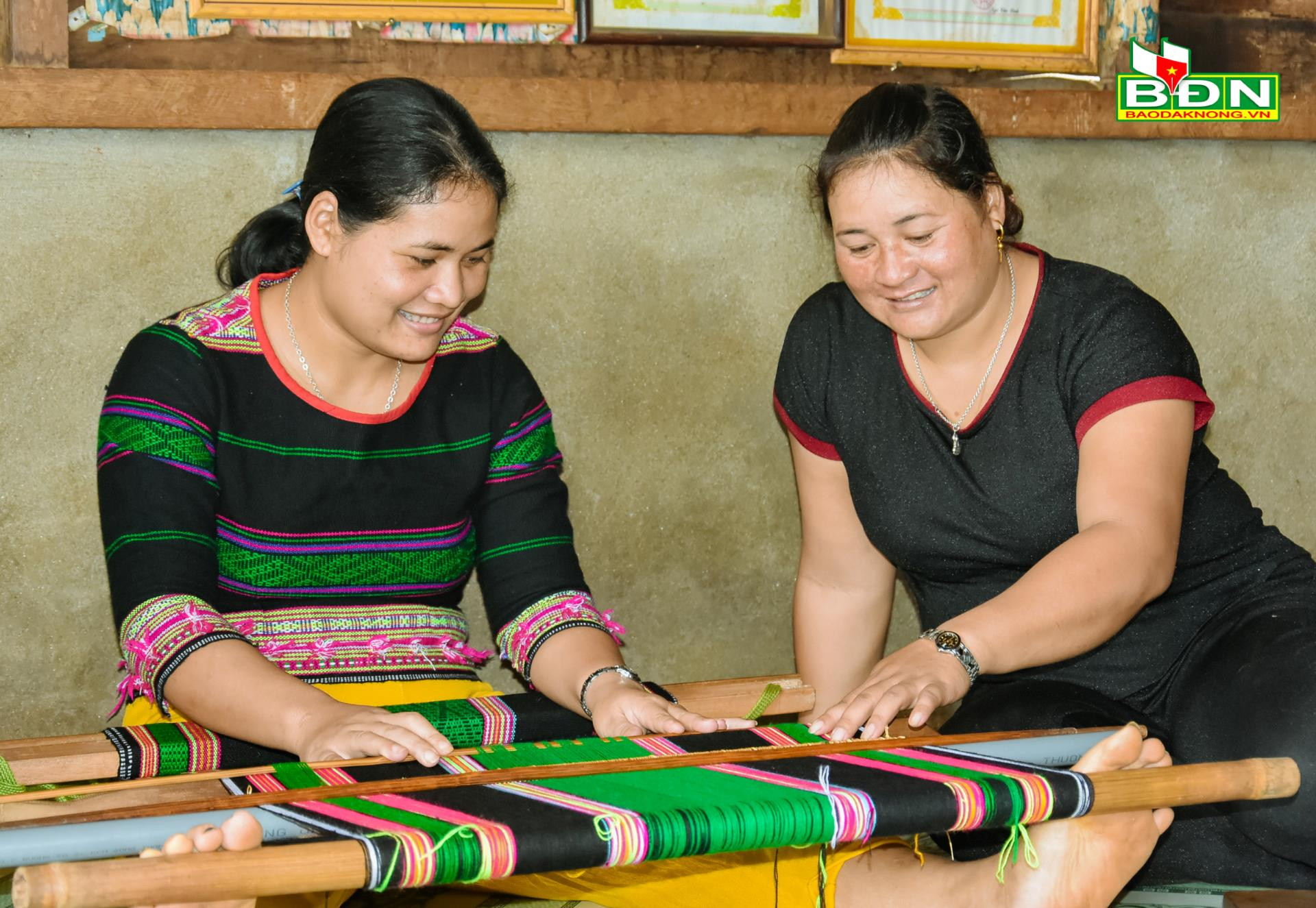
Brocade weaving
Brocade weaving is a craft passed down through generations in a family of the M'nong, Ma and Ede ethnic groups in Dak Nong . For generations, generations of fathers and artisans have strived to preserve, conserve and teach many generations of descendants.
Over time and with the development of society and life, the M'nong, Ma and Ede ethnic groups have created traditional costumes with their own unique characteristics. These are brocades hand-woven by the skillful and diligent hands of women. Brocade plays an extremely important role in social life, considered a measure of the virtues of women of these ethnic groups.
In the past, the traditional raw material for weaving brocade of the indigenous people was cotton yarn. The dried cotton would be spun, separated, rolled into bundles and dyed. Depending on the color to be woven, they used different types of forest trees for dyeing. The finished woven products were often used to make shirts, loincloths, scarves, bags, skirts or blankets... Currently, yarn for weaving brocade is available in a variety of colors, sizes and types.
The brocade weaving cooperative in Ting Wel Dom village has 8 members, all of whom are highly skilled and have additional income from brocade weaving. The commune has created favorable conditions for the brocade weaving cooperative to set up a facility in Dak Nia Traditional Craft Village.
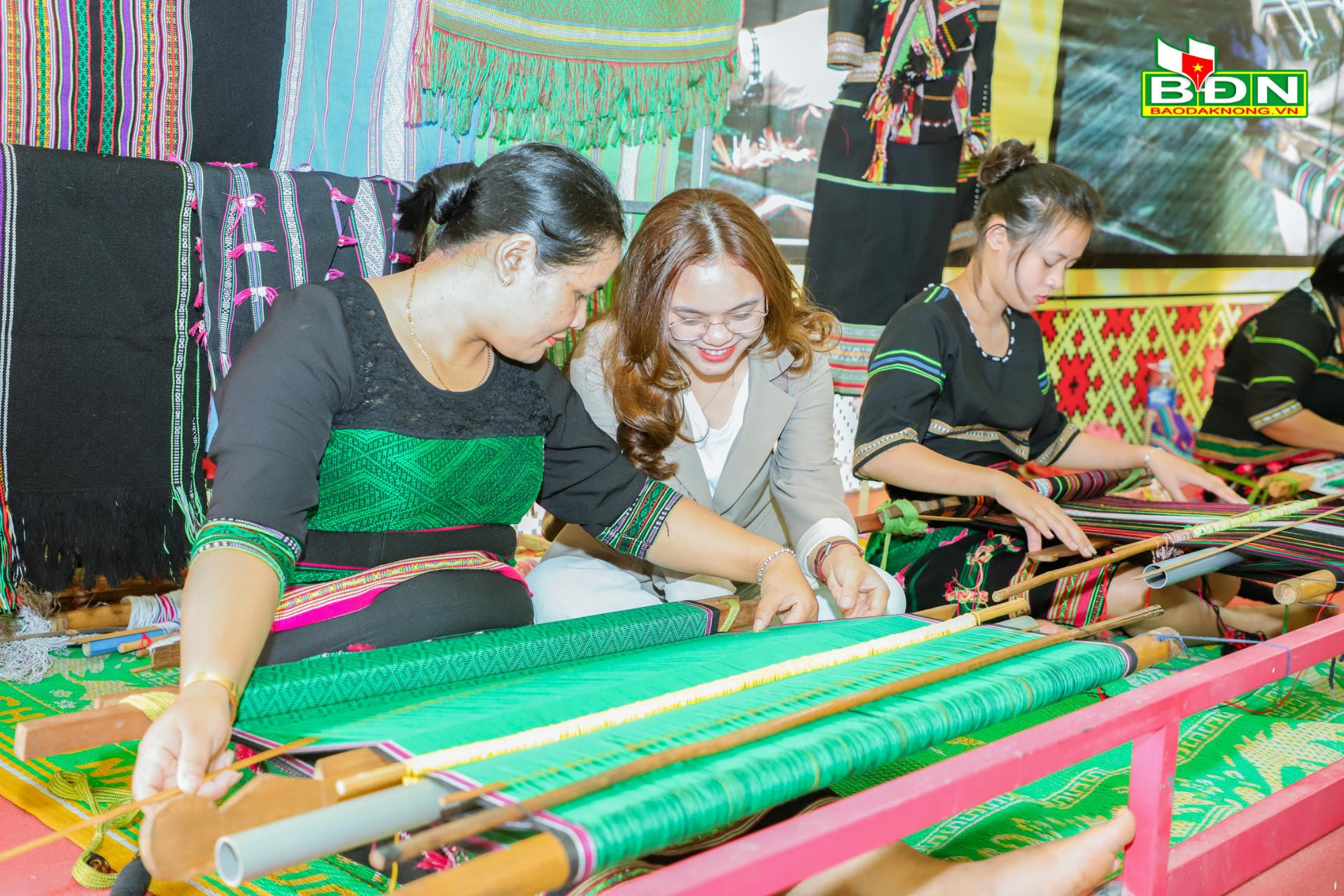
According to Ms. H'Binh, Head of the Brocade Weaving Group, the women participating in the group have more than 10 years of weaving brocade, some even have up to 30 years of experience, so they weave very skillfully, and the products are beautiful. They not only weave quickly but also have many creative ideas in weaving patterns. Although the members of the group are Ma ethnic people, they still skillfully weave brocade products of the M'nong ethnic group. Besides preserving the traditional patterns of ethnic minorities, the members also weave modern patterns to meet the needs of customers. Previously, most brocade was woven to make skirts, shirts, handbags, blankets, pillows... to serve the daily life of the people, but now there are more customers who order to make fashion products and souvenirs. Therefore, the group also has innovations to suit the market.
Wine making profession
The Dak Nia wine-making cooperative has 7 households from Ting Wel Dom hamlet, Bu Sop hamlet and N'Jrieng hamlet participating. Each year, the cooperative produces about 100 jars, of which small jars are from 4 liters, regular jars are from 10-25 liters, and large jars are from 40-50 liters.
Initially, the cooperative group purchased jars, raw rice, and wild yeast together, and produced using the same formula. The members of the group are working hard to improve product quality. The cooperative group is investing in building warehouses, jars, shelves for displaying and selling products; at the same time, promoting "sales" activities at showrooms, introducing and selling products of the cooperative, cooperative group of the provincial Cooperative Union, and events inside and outside the province.
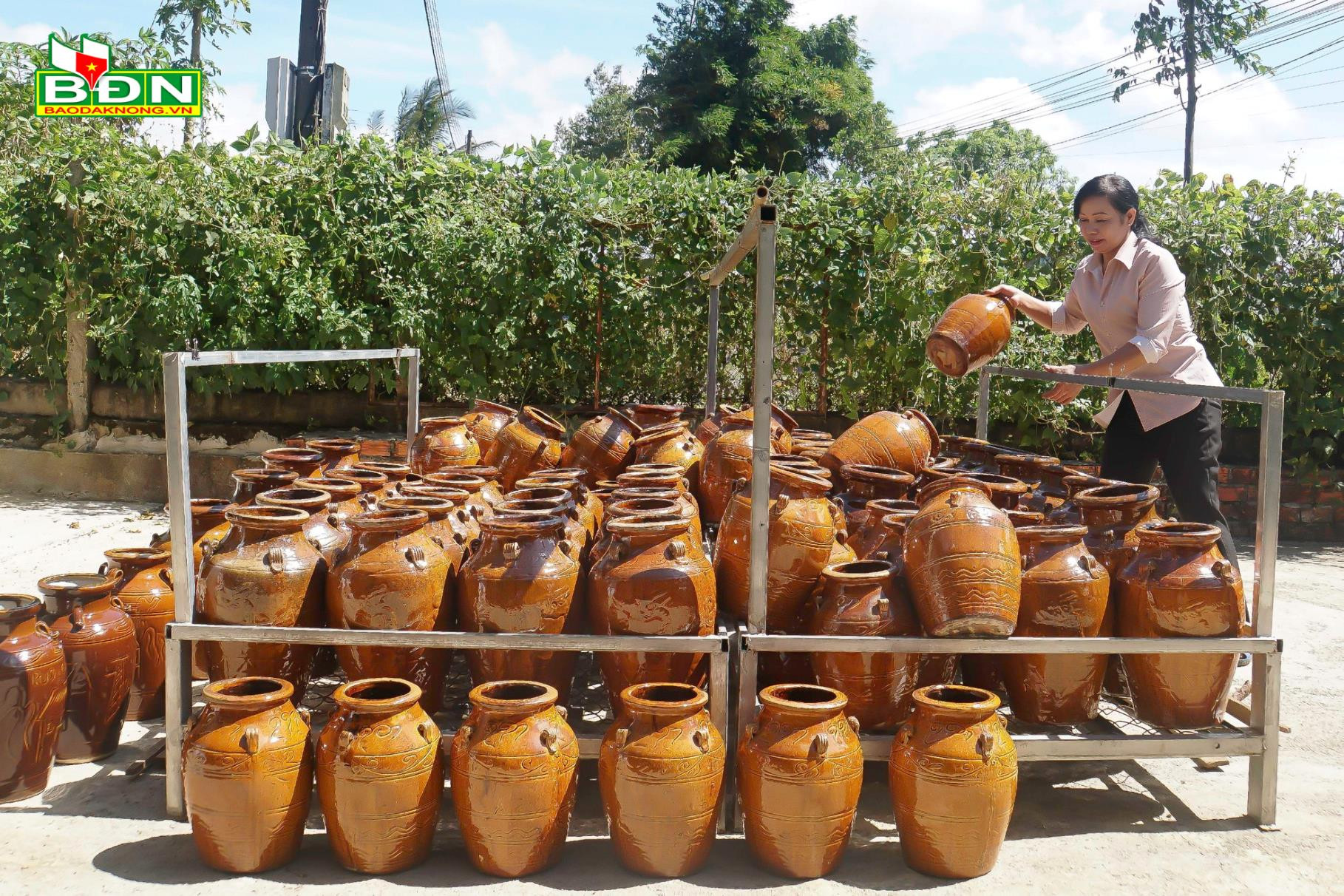
Ms. H'Mai, Head of the Dak Nia Commune Ruou Can Cooperative, shared that since the wine is made at home, ensuring food safety and hygiene is a top priority. The members of the cooperative have agreed to produce the same recipe to create a unique, distinctive flavor. The cooperative focuses on the goal of generating income for its members, creating jobs and preserving traditional products of the nation. The profession of making wine is passed down from their grandmothers and mothers to most women. To make delicious wine, it must be dried in the sun. Therefore, we often make wine in the sunny season. The traditional ingredients used to make wine of the Ma people are brown rice and sticky rice mixed with a special yeast. To make the wine have a rich flavor and aroma when drinking, the rice must be cooked, cooled completely, then mixed with yeast and fermented for the right amount of time, from half a month or more. The selling price is also very affordable, a small 4-liter jar costs only 250,000 VND.
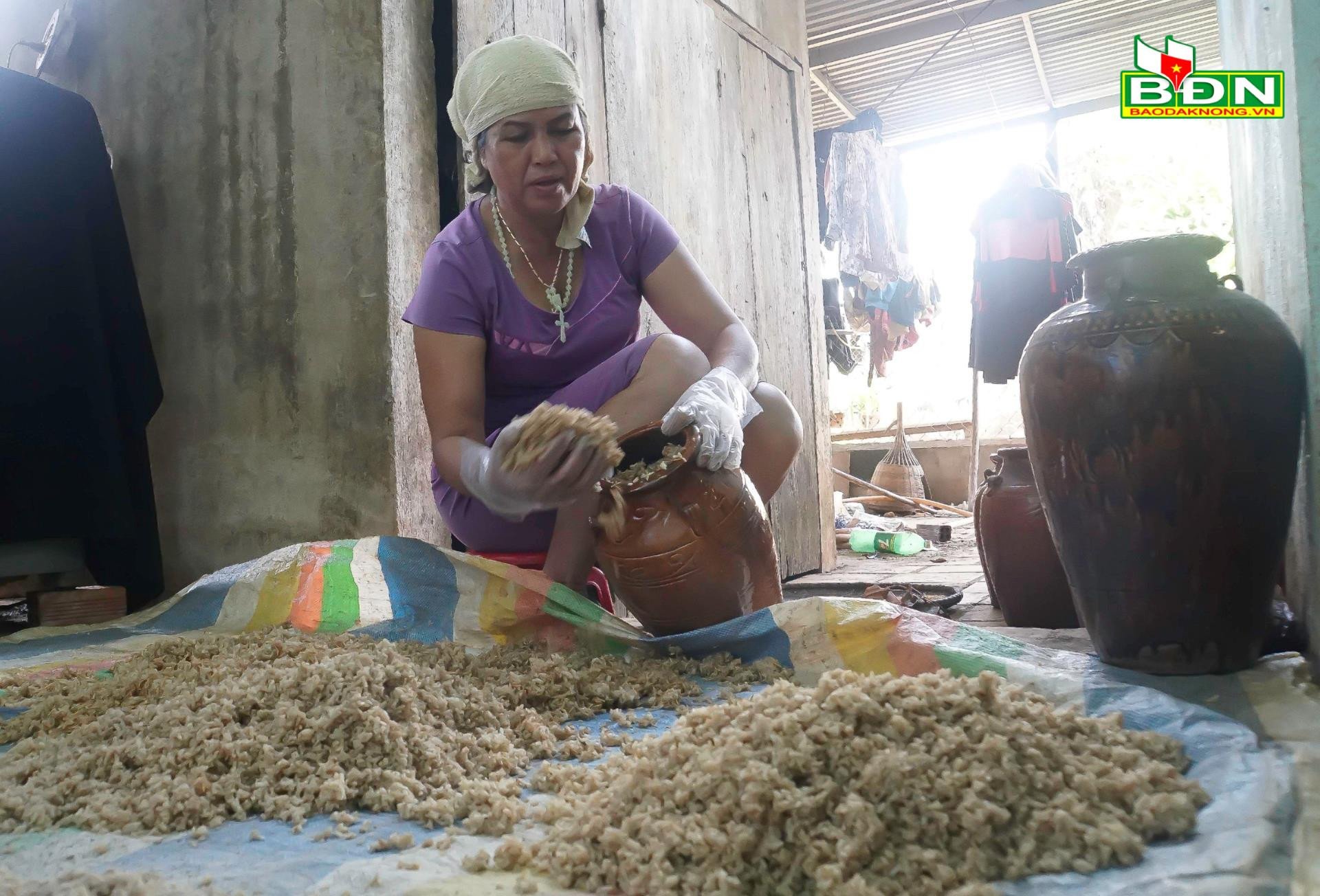
Government care and support
In recent times, the People's Committee of Dak Nong province, Gia Nghia city, and relevant agencies have always paid attention to and created favorable conditions for people to preserve and develop their traditional professions. Local authorities have coordinated to organize brocade weaving training classes for people. Since 2019, the commune has organized vocational training for hundreds of ethnic minority children. After learning the profession, students all know how to weave and create beautiful products.
According to Ms. Quan Thi Ngoc, Vice Chairwoman of Dak Nia Commune People's Committee, the establishment of cooperatives has contributed to preserving traditional occupations and initially created jobs for local people. Currently, the income of brocade weaving households is about 3-5 million VND/month and creates additional jobs for some local workers. Currently, the commune is coordinating with all levels and sectors to help cooperatives promote their products by introducing them at fairs, exhibitions and tourist attractions in the province. In the long term, the commune hopes that all levels and sectors will continue to support cooperatives in linking with businesses and tourism units so that brocade products and wine can have stable output, helping people sustainably develop their traditional occupations.
Source



![[Photo] Emotional and proud flag-raising ceremony and military review on Truong Sa island](https://vphoto.vietnam.vn/thumb/1200x675/vietnam/resource/IMAGE/2025/5/31/9b52525fce6f433083cd0a5bfee59f49)
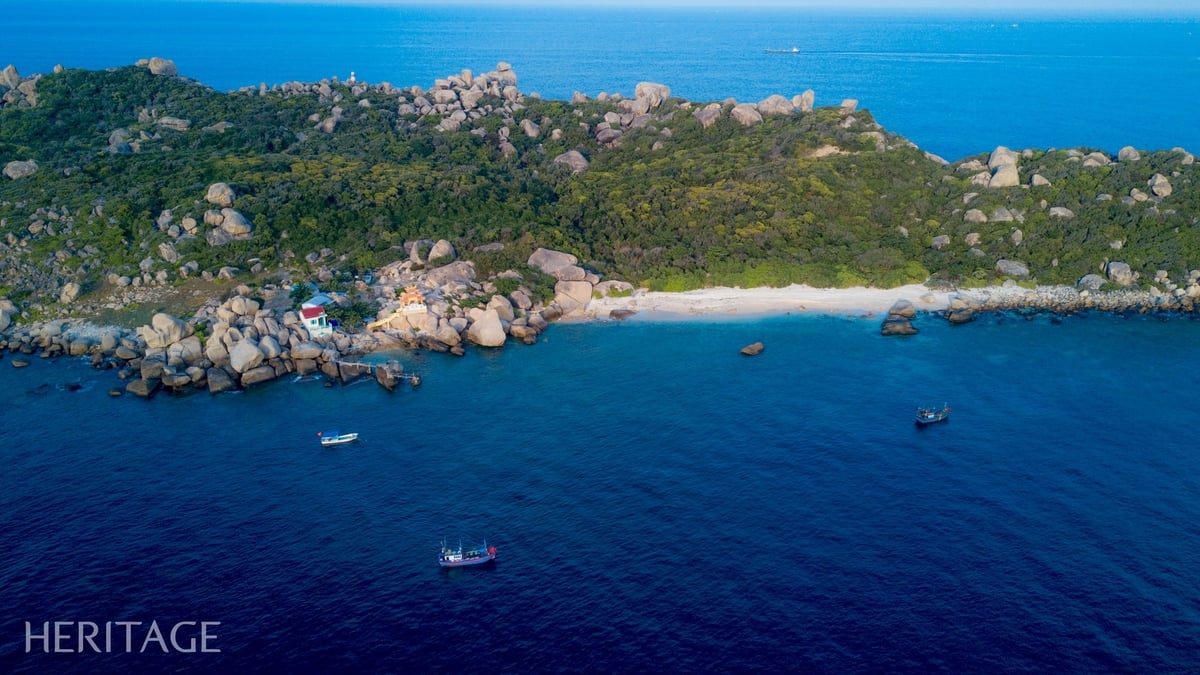

![[Photo] Crane falls on container truck and car at traffic construction site](https://vphoto.vietnam.vn/thumb/1200x675/vietnam/resource/IMAGE/2025/5/31/a8d3ae08da324cfe8ee406174c0eacc4)
![[Photo] Prime Minister Pham Minh Chinh chairs a Dialogue with businesses and business associations](https://vphoto.vietnam.vn/thumb/1200x675/vietnam/resource/IMAGE/2025/5/31/b606d6f6ff584fa28af9f353c91bf15d)



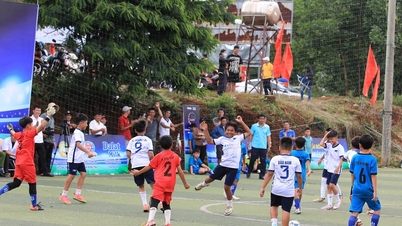






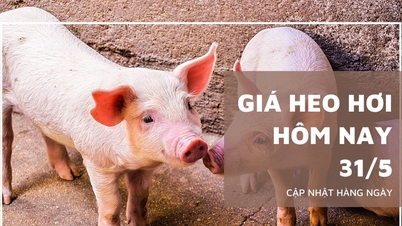



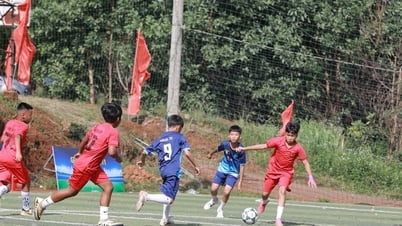


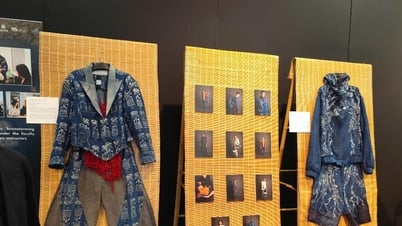



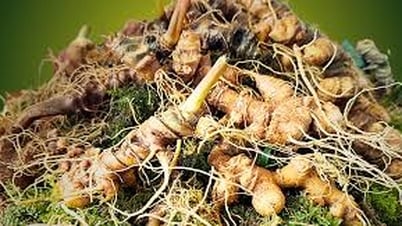
















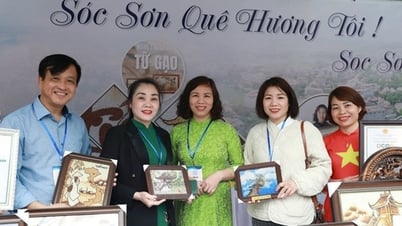





















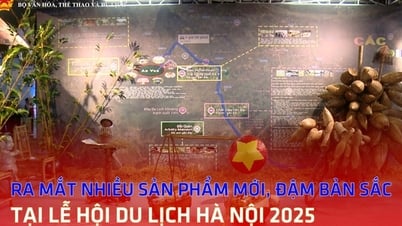


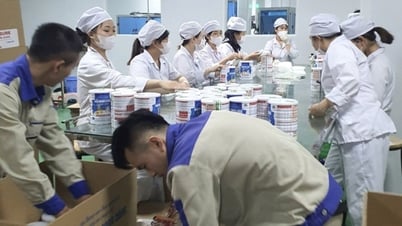







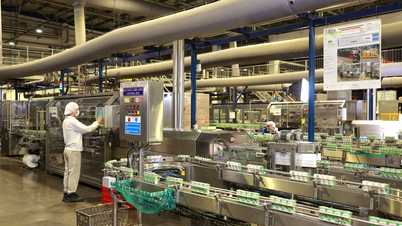









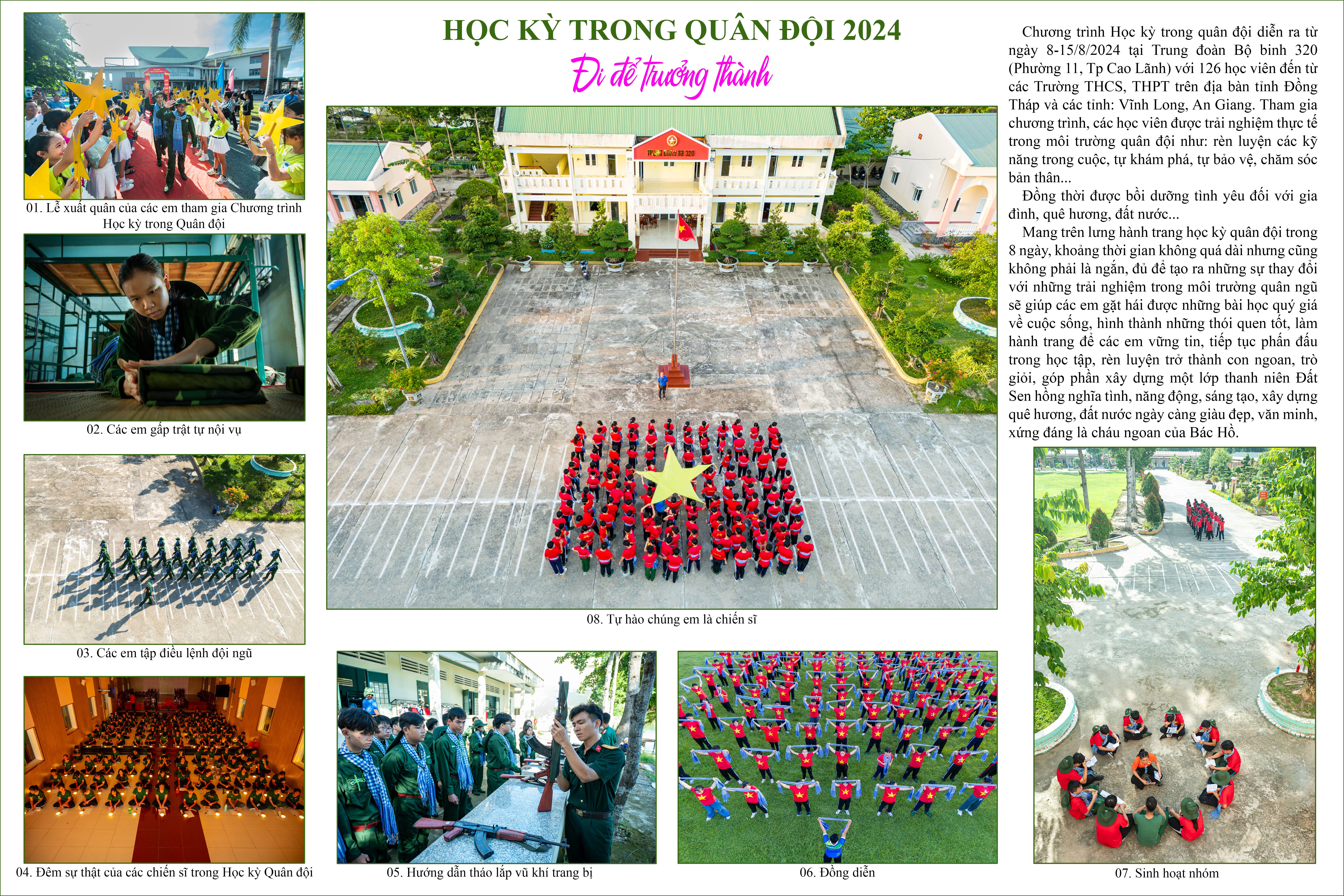



Comment (0)